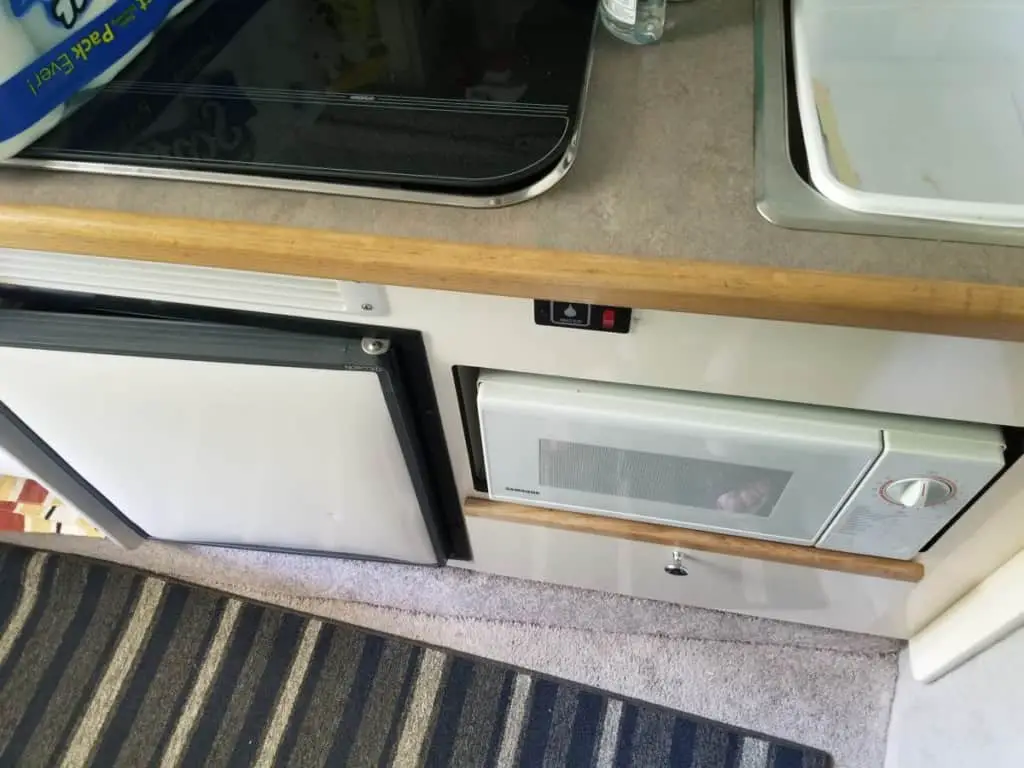Selecting the right marine refrigerator for your boat is crucial to ensuring a pleasant and convenient boating experience. With so many options available, it can be challenging to determine which refrigerator best suits your needs.
In this article, we’ll discuss the essential factors to consider when choosing a marine refrigerator and provide recommendations based on different boating requirements.
What Separates a Marine Refrigerator from a Household Unit?
Marine refrigerators are designed specifically for use on boats and yachts, providing cold storage for food and beverages. They are typically built to withstand harsh marine environments and have a few key differences from standard household refrigerators:
- Size and design: Marine refrigerators are usually more compact and designed to fit into the limited space available on boats. They may have front-opening or top-loading designs to maximize space efficiency.
- Power source: Marine refrigerators can run on various power sources, including 12V or 24V DC systems (from the boat’s battery) or 110V/220V AC systems (from shore power or a generator). Some models may have dual voltage capabilities, allowing them to switch between different power sources as needed.
- Energy efficiency: Since boats often have limited battery capacity, marine refrigerators are designed to be energy-efficient. They often use well-insulated compartments and efficient cooling systems like the Danfoss compressor, which is popular in marine refrigeration.
- Vibration and corrosion resistance: Marine refrigerators are built to withstand constant movement, vibrations, and the corrosive effects of the saltwater environment. They often use stainless steel or other corrosion-resistant materials in their construction.
- Secure closures: Marine refrigerators typically have secure latches or locking mechanisms to prevent doors from accidentally opening when the boat is rocking or in rough seas.

Key Factors to Consider When Choosing a Marine Refrigerator
When selecting a marine refrigerator, keep the following factors in mind:
- Space and size: Measure the available space on your boat to ensure the refrigerator fits comfortably. Take into account the unit’s depth, width, and height, as well as any ventilation requirements.
- Power source: Consider your boat’s power system (12V/24V DC or 110V/220V AC) and whether you need a dual voltage refrigerator to switch between power sources as needed.
- Energy efficiency: An energy-efficient refrigerator is essential on a boat, where battery capacity may be limited. Look for units with efficient cooling systems and good insulation.
- Design: Choose between a front-opening or top-loading refrigerator, based on your personal preference and space constraints.
- Material and construction: Opt for a marine refrigerator with corrosion-resistant materials, such as stainless steel, to withstand the harsh marine environment.
- Cooling method: Marine refrigerators typically use either absorption or compressor-based cooling systems. Compressor refrigerators are more energy-efficient and provide better cooling performance, while absorption refrigerators are silent and require no moving parts.
Top Marine Refrigerator Recommendations
Based on the factors mentioned above, here are our top marine refrigerator recommendations for various boat sizes and requirements:
Small Boats:
- Isotherm Cruise 42: This compact, top-loading refrigerator offers 42 liters of storage capacity and features a highly efficient Danfoss compressor. It’s perfect for small boats with limited space.
- Dometic Coolmatic CRX50 (Amazon): A front-opening refrigerator with 45 liters of capacity, the CRX50 can run on both 12V/24V DC and 110V/220V AC power sources. Its stainless steel construction ensures durability and corrosion resistance.
Medium to Large Boats:
- Vitrifrigo DP2600: A spacious, front-opening refrigerator with a separate freezer compartment, the DP2600 offers 230 liters of total storage capacity. It features a highly efficient Danfoss compressor and can operate on both 12V/24V DC and 110V/220V AC power sources.
- Isotherm Cruise 195: With a total capacity of 195 liters, the Cruise 195 offers ample storage space and features separate refrigerator and freezer compartments. Its stainless steel construction and efficient compressor make it a reliable option for larger boats.
Additional Features to Consider
Apart from the primary factors, consider the following additional features when choosing a marine refrigerator:
- Secure door latches: These prevent the refrigerator door from accidentally opening during rough seas or boat movement.
- Adjustable shelves: Having adjustable shelves allows for more flexibility in organizing your refrigerator’s contents.
- Reversible door hinges: A refrigerator with reversible door hinges can be easily adapted to fit different boat layouts.
- Temperature control: A built-in thermostat or digital temperature control allows you to maintain the ideal temperature for your stored items.
Final Takeaways
Choosing the right marine refrigerator for your boat involves careful consideration of various factors such as size, power source, energy efficiency, design, material, and cooling method.
By assessing your boat’s specific requirements and keeping our recommendations in mind, you can find the perfect refrigerator to enhance your boating experience.
Remember to also look for additional features like secure door latches, adjustable shelves, reversible door hinges, and temperature control for added convenience and functionality.
Happy boating!
